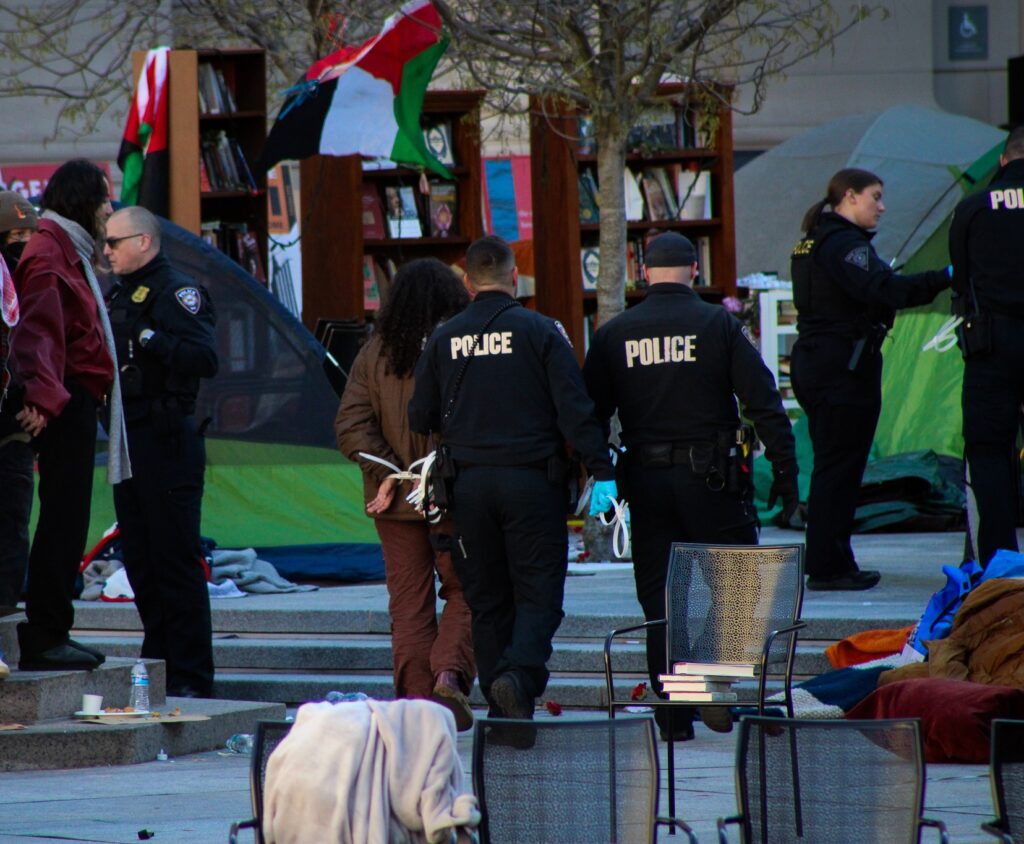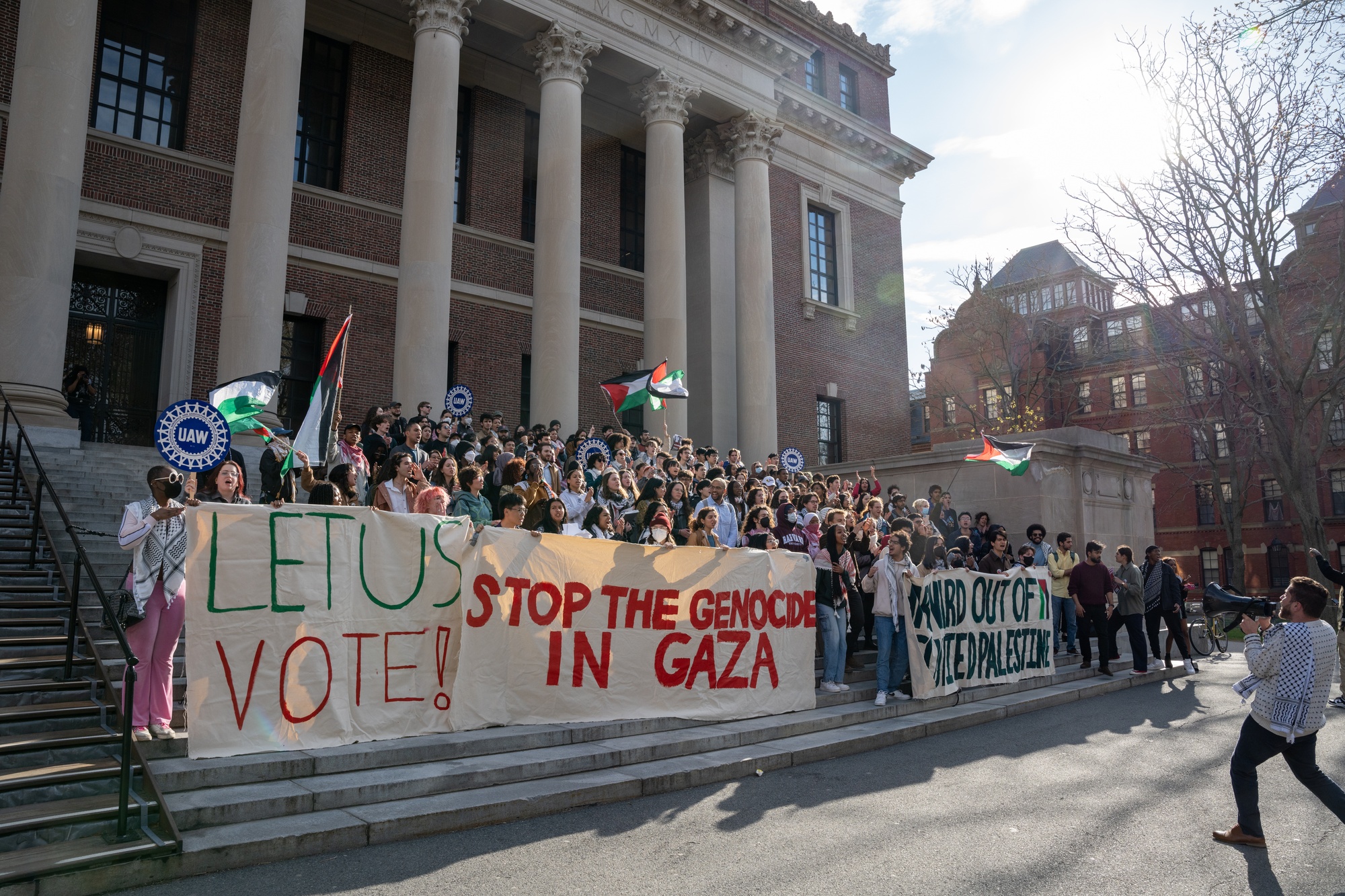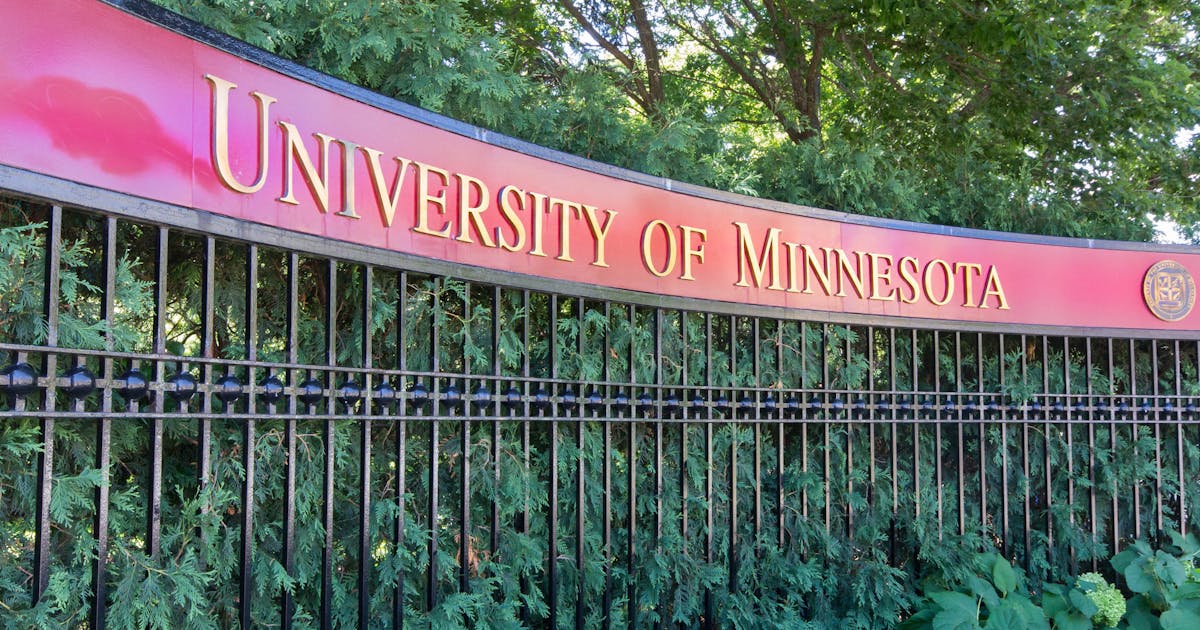“If I had my child at Columbia, I also would tell them to go home,” Hagar Chemali, an adjunct associate professor of International and Public Affairs at the university, told CNN Monday. “It’s not just because of the tension on campus, it’s also because those protests on campus have invited extremists outside.”
Organizers of the campus protest – Columbia University Apartheid Divest and Columbia Students for Justice in Palestine – said in a statement, “We have been peaceful,” and distanced themselves from non-student protestors who have gathered outside the campus, calling them “inflammatory individuals who do not represent us.”
“We firmly reject any form of hate or bigotry and stand vigilant against non-students attempting to disrupt the solidarity being forged among students – Palestinian, Muslim, Arab, Jewish, Black and pro-Palestinian classmates and colleagues who represent the full diversity of our country,” the activists’ statement continued.
Columbia student, Noah Lederman, told CNN he was “terrified, angry, upset, and horrified that the university failed to take action.” Lederman said he had been accosted in early February and had asked the university for remote learning options. “What’s happening on campus is blatantly antisemitic,” he added.
“Columbia students organizing in solidarity with Palestine – including Jewish students – have faced harassment, doxxing, and now arrest by the NYPD. These are the main threats to the safety of Jewish Columbia students,” Jonathan Ben-Menachem, a Ph.D. student, told CNN.

 yaledailynews.com
yaledailynews.com




